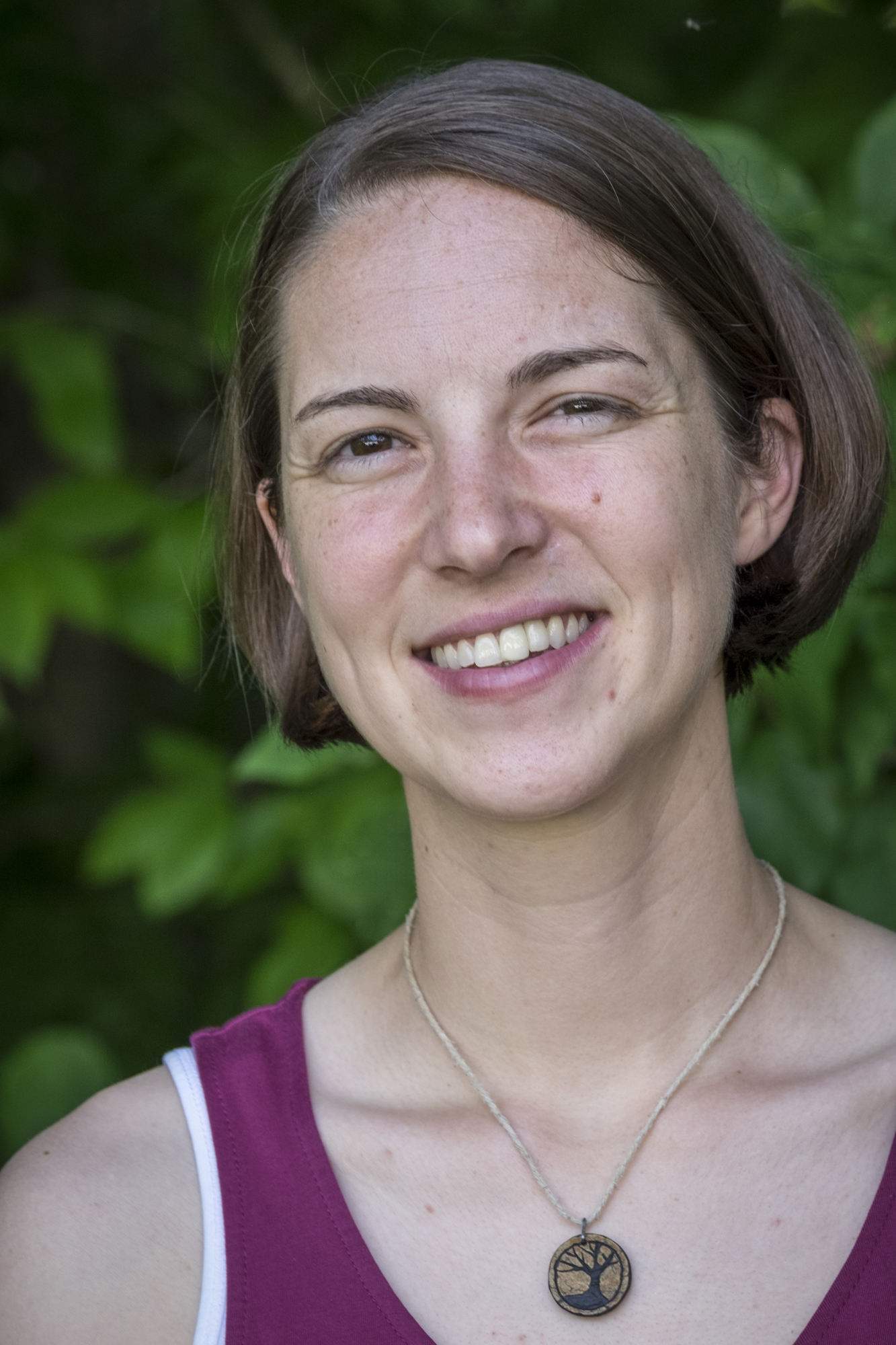Thinking of Certain Teenage Mothers
When I think I don't care to trace
one more statistic back to its body,
I think of Porshia those summer evenings,
when, TV talk shows over, she'd walk
to the park and sit down in the tall weeds,
watching her child slip down the dirty surfaces.
She'd stay there until the sun went down
on merry-go-round, beer cans, and my pale thighs
hugging her spinning daughter. When I am satisfied
to walk this world with indifference, I see Essence
smacking her lips so smugly she believes
she has won this argument and finally
ended the rivalry. I see her get into the car,
turn on the radio, then see her neck
shredded by bullets, bleeding on the seatback,
asphalt claiming another mother's skin.
When I can't extract my own certainties
from the formulas of others, I remember
my best friend, too young to care about prophecies,
scribbling spelling, long division, word scrambles
from the chalkboard, writing stories all recess
until the boys discovered her. When I wonder
how I should speak this only one story,
I think of how they surrendered their bodies:
fiercely, without regret,
to whoever would take them.
(after Julia Kasdorf)
Fourth Evening Song from
the Goshen Dam
So late the skittish deer are finally asleep.
A long stretch of woods where roommates
rested spirits and then snuggled together
into warm arms under the darkness.
Still the water roars and hisses
and the bright bottoms of fireflies flash against
the trees like those thousand cameras
you saw at the kickoff on TV. God said,
the people who love you will often
be difficult to keep. God said, laughter
is a good sign but not endurable.
God said capture this moment like a dove,
capture and fatten it as you dream
of being fed yourself. Release the moment,
but deliberately, as the great magician releases doves
for the miracles you cannot fathom or recognize.
God says all this has been given you,
the hum of streetlights and whiff of smoke
trailing giggly teenagers on midnight escapes,
and the riverbed where the naked rocks
let go of their wet blanket to expose their faces.
God says keep talking; God says
don't let go. God says let go.
(after Jeff Gundy)
Desmond Tutu Visits Pittsburgh
“I hate, I despise your festivals, and I take no delight in your solemn assemblies.” - Amos 5:21
Now the voice of our freedom is old and frail, walks
down aisles of TV-lined churches in the American Midwest.
Today he’s at Calvary Episcopal where a high school girl
elbows over her neighbors to get a better picture on her
digital camera; a tall white man with frizzy hair
and rope sandals flips through a sleek black book
with the bishop in a pink cap on its cover. When
he enters (after the university presidents, choir members,
rectors, flag bearers, and bishops), he’s so small
the crowd barely sees him. Eyes return to his five-foot figure
only after reverting from the thin black man
who stumbles in the oak doors behind the procession,
wearing sunglasses and faded black jeans, shaking.
This is certainly not who they've come to see.
This man is too normal-sized and weary, too nameless
and hungry, a little too late to be known or owned.
Down the street in McKeesport, a scruffy white contractor
tears up shingles on a white professor’s roof. ‘This used
to be a good neighborhood, when it was just us,’
the worker discloses to the professor, with a glance and a nod
to the street below, where a young black mother walks
her daughter to school, and old black men gather
at the corner store to play chess. ‘Oh, that’s why I like it here,’
the professor returns. ‘Because of heaven, of course!’
Back in the cathedral, Rev. Tutu receives dual honorary degrees,
15 different five-minute orations, and a crayon picture
from an adopted boy with his name. God is not a Christian,
Rev. Tutu squeaks to the congregation of well-dressed
Pennsylvanians, who attempt a poor rendition of
“Nkosi Sikelel’ iAfika” for the recessional. What a relief.
Death
Maybe it’s like the game my sister
and I played in the cemetery
when we were five and seven,
sighting a tombstone in the distance
and deciding how many 'lives'
we had to get there. (She always
got more ’cause she was younger.)
We jumped from one body’s
erected resting place to another's,
sprawling prone on the ground,
stretching out to reach the next stone
with a fingertip or a toe. Sometimes
we’d have to give ourselves extra
ground-touches to reach our final destination,
but we always made it—
unless our mother called us in for supper.
Then we brushed off dirty kneecaps
and ran inside where a table was prepared
for us. And we ate and were satisfied,
and later were tucked into bed,
giggling to each other as we drifted
off into a sleep of sunshine and flying,
knowing we would awaken
only to another day of light.
